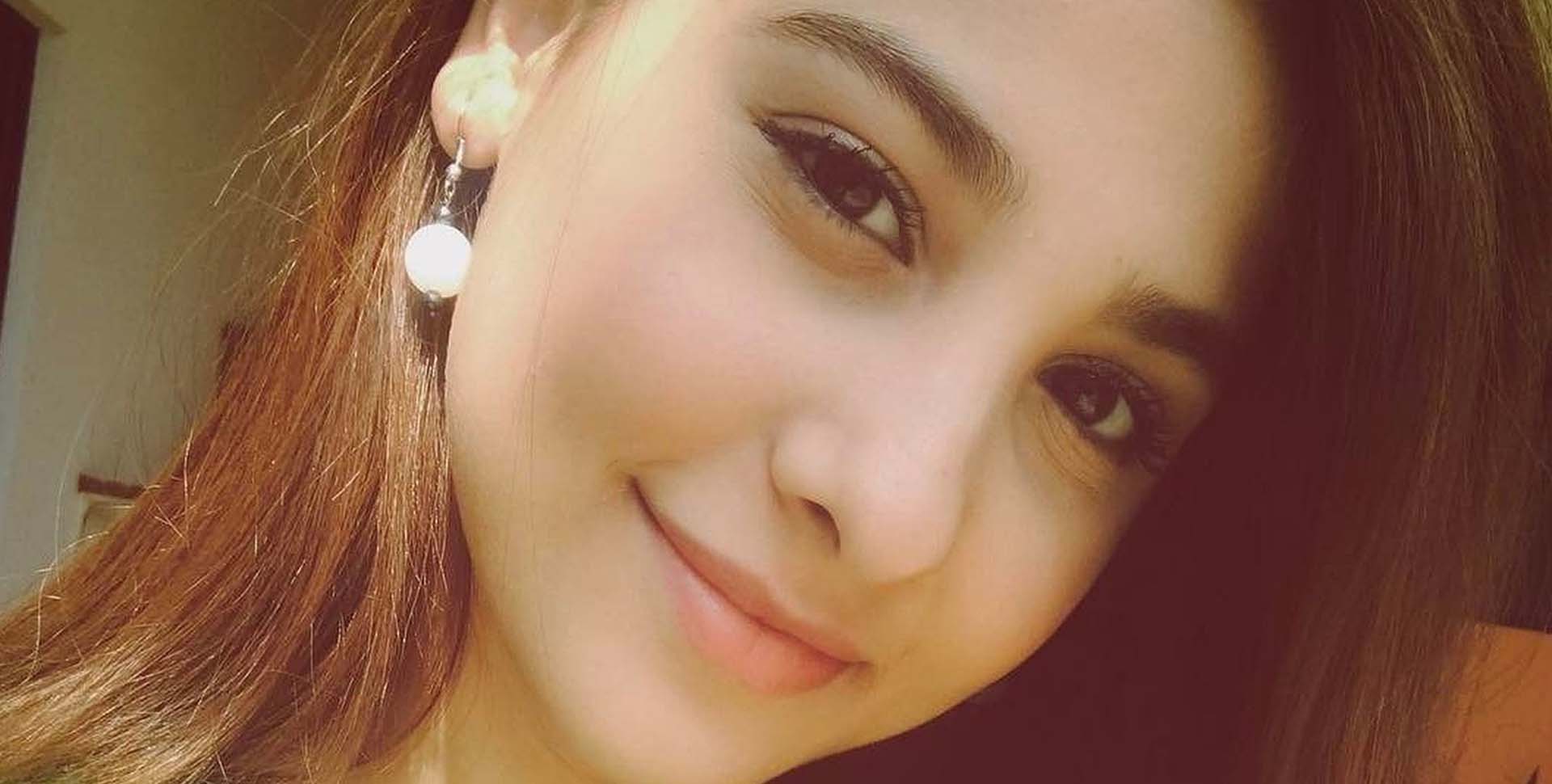When Lili was five years old, her mother fled to Queensland with her five kids in tow. Her father was violent, and after many attempts at escaping within New South Wales, her mum decided the only way to survive was to move across the border.
“He would always end up finding us,” Lili explains. “My mum had to take us away and make a DVO [domestic violence order] against my dad. But when we got to Queensland, we struggled for a while.”
Lili’s mum had no support and no job. To get by, the family of six lived in their car or slept on people’s couches.
“We didn’t have many places to go. For about three years, we would move from place to place and test our luck,” Lili reflects. “It was hard for her to put food on the table, but eventually Mum found work.”
Her mum also managed to get the family on a waitlist for community housing.
“It was in one of the lowest socio-economic areas of the state,” Lili says. “She still lives in that house today.”
Lili started going to school in the area. While the rest of her siblings dropped out over the years, she made it through high school.
“I’m the only one in my family who has graduated from high school. Neither my mum nor dad finished, and education wasn’t pushed on me,” she says.
“When I was young, school wasn’t important to me. It was just something that I had to do.
“But when I got to high school, I remember thinking, ‘What am I going to do with my life?’. I didn’t want to turn out like the rest of my friends and family. I wanted to achieve something.”
“During high school, I met with the student advisor and they recommended the Young Achievers Program through the University of Queensland. I applied for it in Year 10 and went on a waitlist. The process took about a year and I got accepted in Year 11. That’s how I discovered different scholarships and extracurricular programs available to me.”
Becoming part of the Young Achievers Program boosted Lili’s confidence, so she started looking into other scholarship programs. She applied for the Youth Off The Streets National Scholarship Program in 2019.
“I remember being nervous because of how few people were selected,” she recalls. “But I was successful and started studying at university in 2021.”
While Lili is grateful for the financial support, she found the mentoring aspect of the scholarship particularly beneficial.
“If I didn’t have my mentor, Rochelle, I probably would have dropped out in my first semester. She was my rock,” she explains.
“I went through some personal struggles in my transition to university – big factors in my life. I found it hard to focus and was doing great until my exams. I failed three courses and received warnings for my scholarship. I was terrified.
“Rochelle helped me balance my life and learn strategies to focus my energy,” she continues. “We still stay in touch. I’m still so close with her.”
Lili is now in her second year at university – completing a Bachelor of Science, majoring in psychology and minoring in neuroscience and physiology – and has found her passion in psychology.
“It’s definitely what I enjoy most,” she says. “And when you’ve gone through trauma, it’s a lot easier to understand the logic.”
She hopes to get an honours degree in psychological science and continue to a master’s degree.
“I’ve always had terrible anxiety and depression, but through the scholarship program and my relationship with my mentor, I learned that if you make mistakes, it doesn’t define you,” she says.
“I’ll continue doing what I can to receive higher grades and increase my GPA. I’m always doing the best that I can. I think it’s important to stop caring what people think and do your best.”
Read more about our National Scholarship Program.
Image has been changed to protect the young person’s identity.

